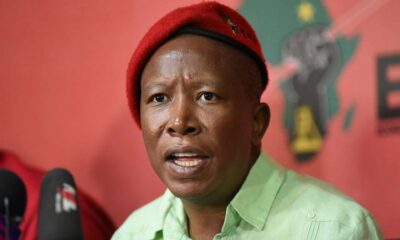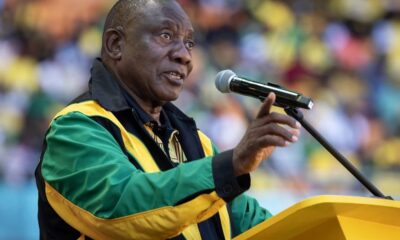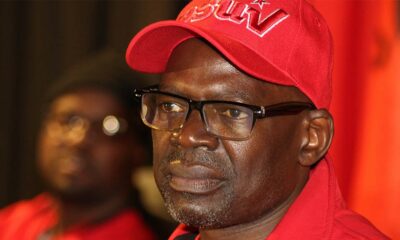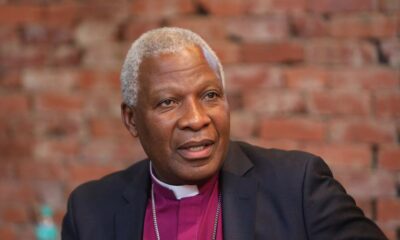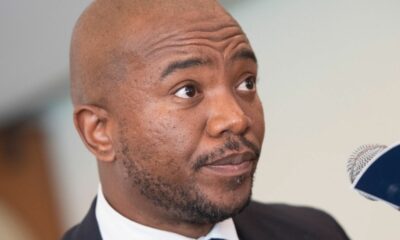News
EFF Calls for Statue Removal as AfriForum Warns of an ‘Identity Attack’

A debate that refuses to fade
South Africa’s long-running dispute over statues and symbols of its colonial and apartheid past has resurfaced in Parliament. The Economic Freedom Fighters (EFF) tabled a motion calling for the removal of monuments tied to that legacy, reigniting a debate that has divided communities for years.
The issue goes far beyond bricks and bronze. For some, these statues represent oppression and humiliation. For others, they are symbols of heritage and identity. The clash has once again brought into sharp focus the unfinished business of memory and nation-building in a country still navigating deep historical wounds.
The EFF’s case for removal
EFF Chief Whip Nontando Nolutshungu led the charge, describing colonial and apartheid monuments as tools of psychological dominance. She argued that their prominent placement in city centres and near seats of power was never accidental. These symbols, she said, were meant to glorify oppressors while ensuring that generations of Black South Africans grew up seeing their subjugators celebrated as heroes.
According to Nolutshungu, taking down such statues is not about erasing history but about creating a democratic society rooted in equality and dignity. The EFF insists that the continued presence of figures like Louis Botha and Paul Kruger in public spaces keeps the structures of colonialism alive, long after the political system itself was dismantled.
AfriForum’s defence of monuments
Civil rights group AfriForum sees things very differently. Its head of public relations, Ernst van Zyl, condemned the EFF’s proposal as a direct assault on Afrikaner identity. In his view, removing monuments strips communities of their right to exist and erodes the cultural fabric of South Africa.
Van Zyl warned that the destruction of heritage could fuel exclusion and deepen divisions in an already polarised nation. He accused the EFF of embracing what he called a “demolition culture” and argued that once the precedent is set, there would be no limit to what could be erased.
Why this debate matters now
While the fight over monuments is not new, the timing is significant. South Africa is grappling with economic strain, high youth unemployment, and growing political disillusionment. Against this backdrop, debates about heritage often become lightning rods for broader frustrations.
Public reaction has been split. Some South Africans online supported the EFF’s stance, saying the monuments are painful reminders that prevent real healing. Others sided with AfriForum, arguing that removing statues risks rewriting history rather than confronting it.
More than statues
The statue debate mirrors South Africa’s larger challenge: how to reconcile vastly different experiences of history while building a shared national identity. For one group, the Voortrekker Monument is a cornerstone of cultural pride. For another, it stands as a monument to exclusion.
As the matter plays out in Parliament and beyond, it is clear that statues are not just stone and metal. They embody unresolved questions of power, memory, and belonging. Whether they remain or fall, South Africa is once again being asked to decide whose stories stand tallest in its public spaces.
Also read: Cape Town Primary School Reels After Alleged Assault of Eight-Year-Old Boy
Follow Joburg ETC on Facebook, Twitter, TikT
For more News in Johannesburg, visit joburgetc.com
Source: IOL
Featured Image: AP News

